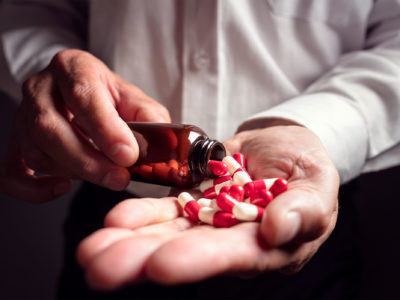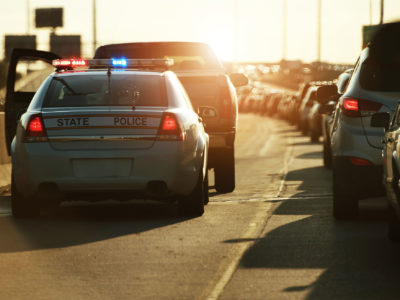
What Happens After An Opioid Arrest?
Opioid abuse has become a growing epidemic across the United States, which is why prosecutors are really cracking down on users and prescribers. In just one year (2016-2017), Opioid overdoses increased by 30% across 45 states. If you’ve been arrested due to Opioid use or distribution, it’s important to understand the consequences you could face and your options to help you move on with your life. Here’s what happens after an Opioid arrest:
Penalties for Opioid Possession
In Pennsylvania, there is no standard penalty for drug possession since it is dependent on a number of factors involved in every case. These typically include the type of drug, intended use, quantity and potency, and other circumstances regarding the arrest itself. But when it comes to being arrested for Opioid possession, you can expect the following repercussions:
- Fines: These can be as much as $250,000, or even higher in situations where the defendant has earned significant amounts of money through drug trafficking. Courts have the power to implement fines and penalties that absorb all the drug-related income generated.
- Jail or Imprisonment: This could range anywhere from a few days or weeks to as long as 15 years.
- Probation: A judge may place a defendant on probation if they are a first-time offender or there was a relatively small quantity of Opioids found. But this doesn’t mean you get off easy, as standard probation terms can significantly impact a defendant’s daily activities and routine, including restricting interaction with any friends or acquaintances who are known for drug possession in the past.
Defense Against Opioid Charges
When these consequences are on the line, the best way to protect yourself is to contact an experienced criminal lawyer about your case. An arrest does not mean you are automatically charged with a crime so make sure you stay calm but take action right away. By speaking to a lawyer as soon as possible, they can help investigate any potential defenses that can be used to help your case. For example, if the drugs being seized illegally because the police didn’t follow the steps to proper search, or if you can prove the drugs belonged to someone else. Other defenses may include:
- You were unaware of your possession of the drug – maybe you were driving someone else’s car where the drugs were found or were given the substance enclosed within something else without realizing what it was.
- You had very limited quantities in your possession – if you were found in possession of a very small amount or potency of Opioids, penalties may be reduced on the basis that you had no intent to distribute
- You have a prescription – you could avoid being charged if you have proof of prescription for the drug
What You Should Do After An Opioid Arrest
As always, the worst thing you can do is fight or resist the police during an arrest, but you don’t have to provide them with anything other than your basic information until you contact a lawyer. The first thing you should do is contact your lawyer as soon as you have the opportunity. If you don’t already have one, reach out to a trusted friend or family member who can contact one for you. Secondly, if you are assigned bail until trial, you’ll most likely have to pay before you can leave. Speak to your lawyer about your options if you’re having trouble financially. You’ll want to provide your lawyer with all the details of your arrest, describing how the police found the drug, under what circumstances the arrest took place, anyone else that was with you, etc.
Everything you tell your lawyer is confidential, so it’s crucial to be honest with them as any detail could help you, or reversely, hurt you if not prepared. Your lawyer will then advise you on the next steps. Following these instructions is extremely important as it can greatly impact your case. They’ll most likely start by telling you what to do and what to avoid, including sharing details of your arrest with other people or on social media. If you or someone you know has been arrested for Opioid possession, don’t wait another minute to contact an experienced criminal defense attorney to fight for the best possible outcome. Call us today to discuss your case during a free consultation.




